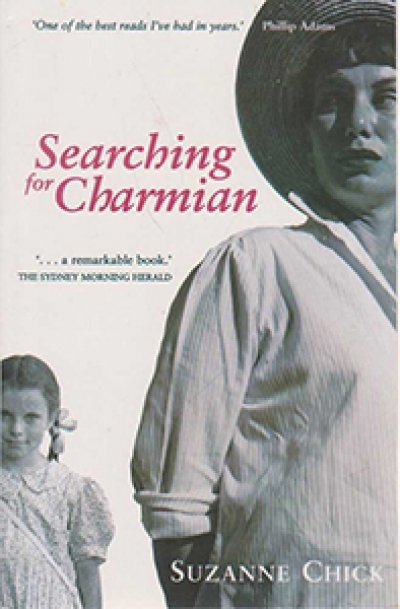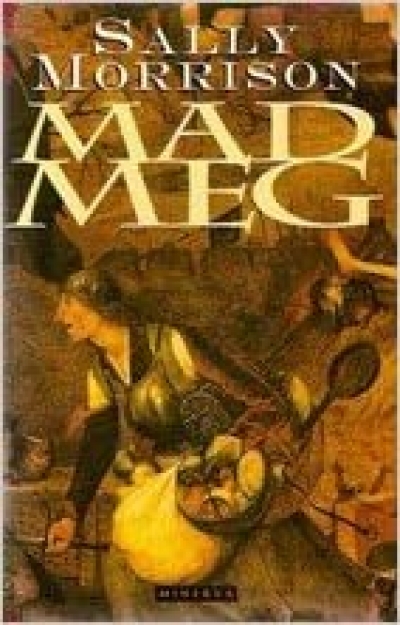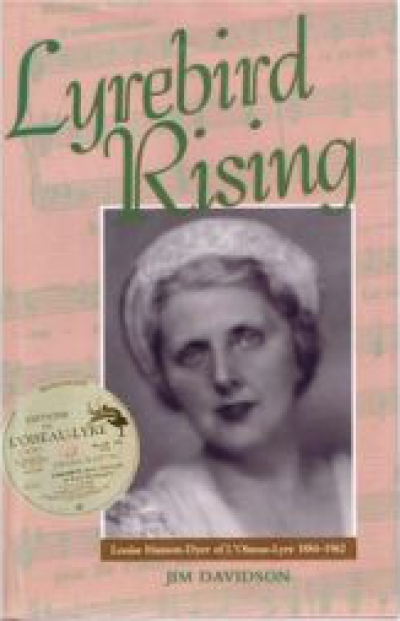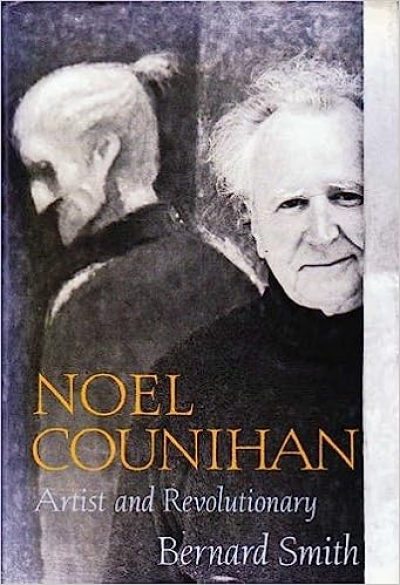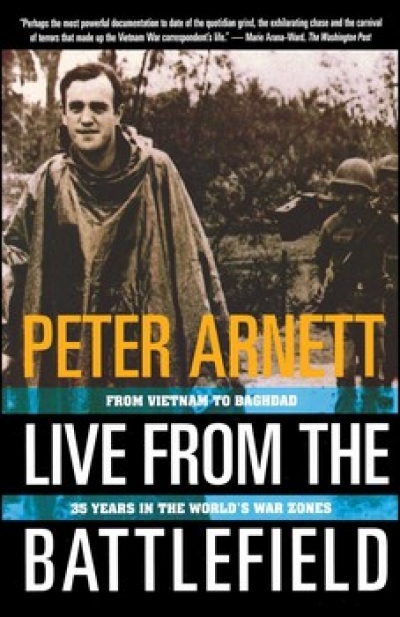Archive
Lyrebird Rising: Louise Hanson-Dyer of l’Oiseau-Lyre, 1884–1962 by Jim Davidson
On a weekend when the Melbourne Age and the Australian could muster barely three book pages between them and only one review of a work of fiction, I went to an exhibition of Juan Davila’s recent work. The paintings were visceral, fierce, transgressive, shocking. Here was art disdainful of demands for beauty, art that took the notion of aesthetics into the dungeons of the mind. And it set me on edge.
... (read more)I’ve left formal art criticism behind to a certain extent and I’m glad to do that.’ I found the area of art criticism very inhibiting and when I was waiting the book on Joy Hester in tandem with my first novel, crossing the t’s and dotting the I’s, and getting everything absolutely correct, suddenly seemed enormously constraining. But writing about Joy Hester, who is difficult (because so many of her works deal with states of feeling), I think I helped push my writing further and further away from the correctness of art history and towards a much more lyrical and imaginative way of writing.
... (read more)Despite the protestations of my close friends I choose to regard myself as a normal person. Only at certain times of the year do I realise how tenuous are my links with the mundane world.
One of these troublesome occasions is when I prepare my income tax form.
... (read more)
